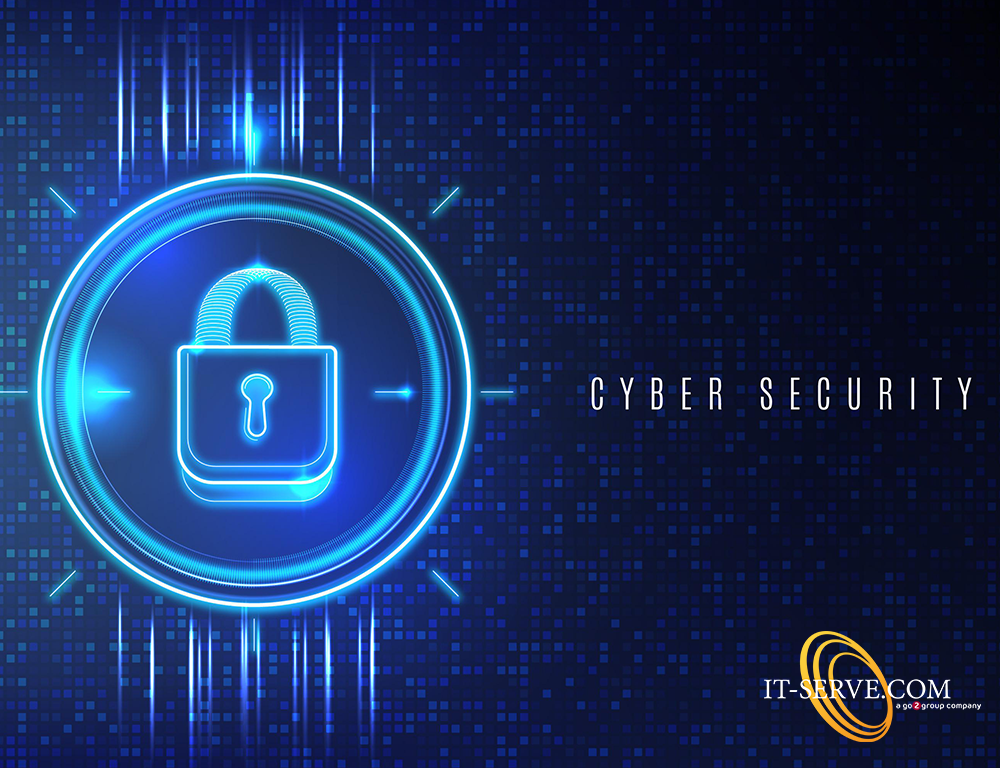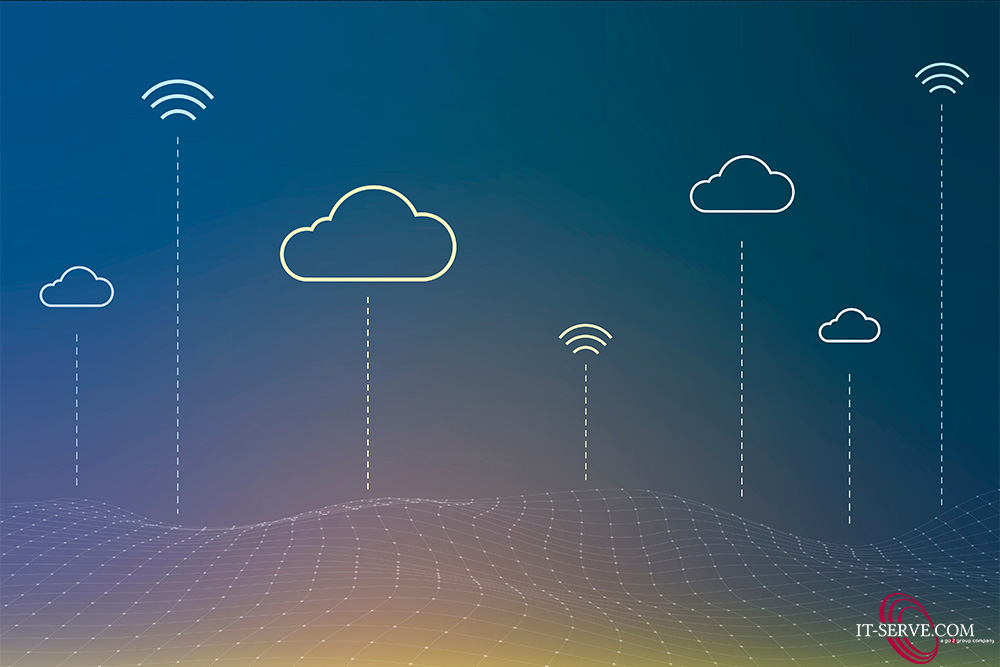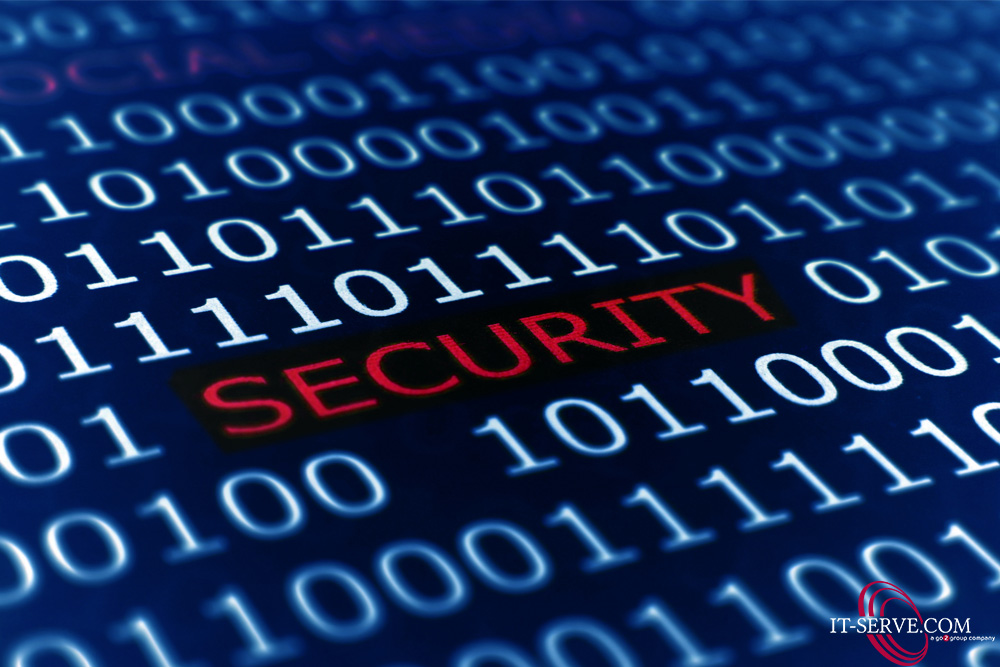
It’s a well-known fact, that businesses must stand resilient against the constant barrage of threats seeking to breach their digital fortresses. One crucial line of defence in this ongoing battle is the firewall. As we delve into the intricacies of cyber protection, IT-Serve is committed to shedding light on the indispensable role that firewalls play in safeguarding your organization's sensitive data.
Understanding Firewalls.
At its core, a firewall is the guardian at the gate, monitoring and controlling incoming and outgoing network traffic based on predetermined security rules. Like a vigilant sentry, a well-configured firewall acts as a barrier, preventing unauthorized access and potential cyber threats from infiltrating your network.
Key Functions of Firewalls.
Access Control: Firewalls meticulously examine data packets, allowing or blocking them based on predefined rules. This access control ensures that only legitimate and authorized traffic enters and exits the network.
Packet Filtering: Firewalls analyse data packets to determine whether they meet the specified criteria for entry. This granular inspection helps in filtering out potentially harmful or malicious packets.
Proxy Services: Firewalls can act as intermediaries between internal and external network connections, enhancing security by masking internal IP addresses and keeping potential threats at bay.
The Crucial Role of Endpoint Firewalls in Remote Work:
As the modern workforce increasingly embraces remote work, the need for comprehensive cybersecurity extends beyond the traditional office setting. Employees accessing company networks from various locations and devices bring new challenges and vulnerabilities. Here's where the importance of endpoint firewalls comes into play.
Securing Remote Endpoints:
Protection Beyond Office Walls: Firewalls on endpoints, such as laptops and mobile devices, provide an additional layer of security, ensuring that remote work environments are as protected as in-office setups.
VPN Integration: When employees connect to the corporate network remotely, a firewall on the endpoint, coupled with a Virtual Private Network (VPN), establishes a secure and encrypted connection, safeguarding data transmission.
Application Control: Endpoint firewalls allow businesses to control which applications can access the network, reducing the risk of unauthorized or potentially malicious software compromising the system.
Continuous Monitoring: Endpoint firewalls provide continuous monitoring of device activity, helping to detect and block suspicious behaviour or potential threats even when employees are working outside the office.

Enhancing Cyber Resilience.
A robust cybersecurity strategy involves more than just deploying firewalls; it requires a comprehensive approach that integrates various security measures.
Here are some practices to complement your firewall defence:
Regular Updates and Patching: Keep your firewall software up-to-date with the latest security patches to address vulnerabilities and potential exploits.
Employee Training: Educate your workforce on cybersecurity best practices to reduce the risk of human error, which can inadvertently expose your organization to threats.
Intrusion Detection and Prevention Systems (IDPS): Consider implementing IDPS alongside firewalls to detect and mitigate potential threats in real-time.
Incident Response Planning: Develop a robust incident response plan to efficiently address and contain security breaches if they occur.
As the digital landscape continues to evolve, the importance of firewalls in securing your organization's data cannot be overstated. By understanding the role of firewalls and implementing them as a crucial component of your cybersecurity strategy, businesses in Dubai can build fortified walls that withstand the ever-present threats in the cyber realm. IT-Serve remains dedicated to empowering businesses with the knowledge and tools necessary to navigate the digital landscape securely. Stay fortified, stay secure!



















